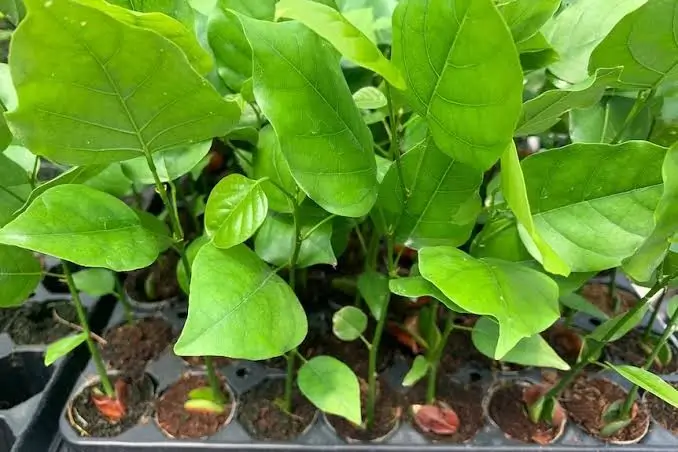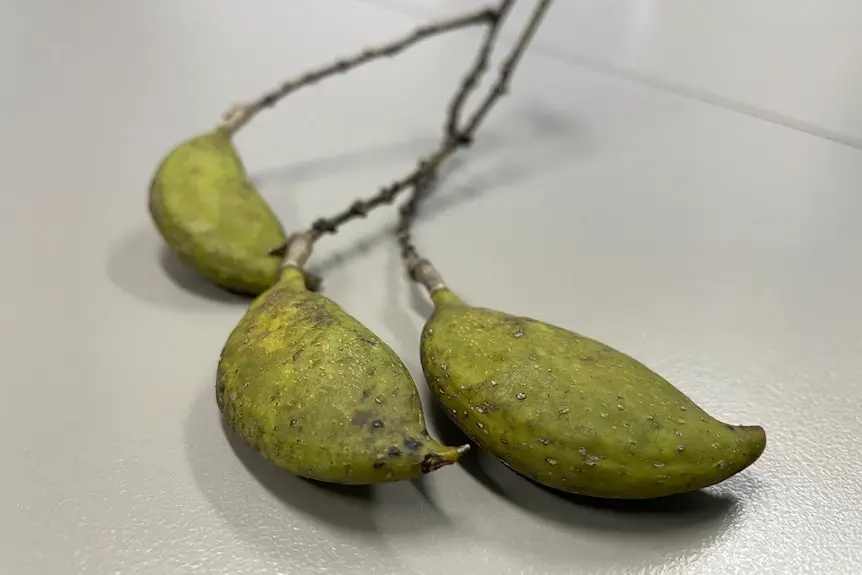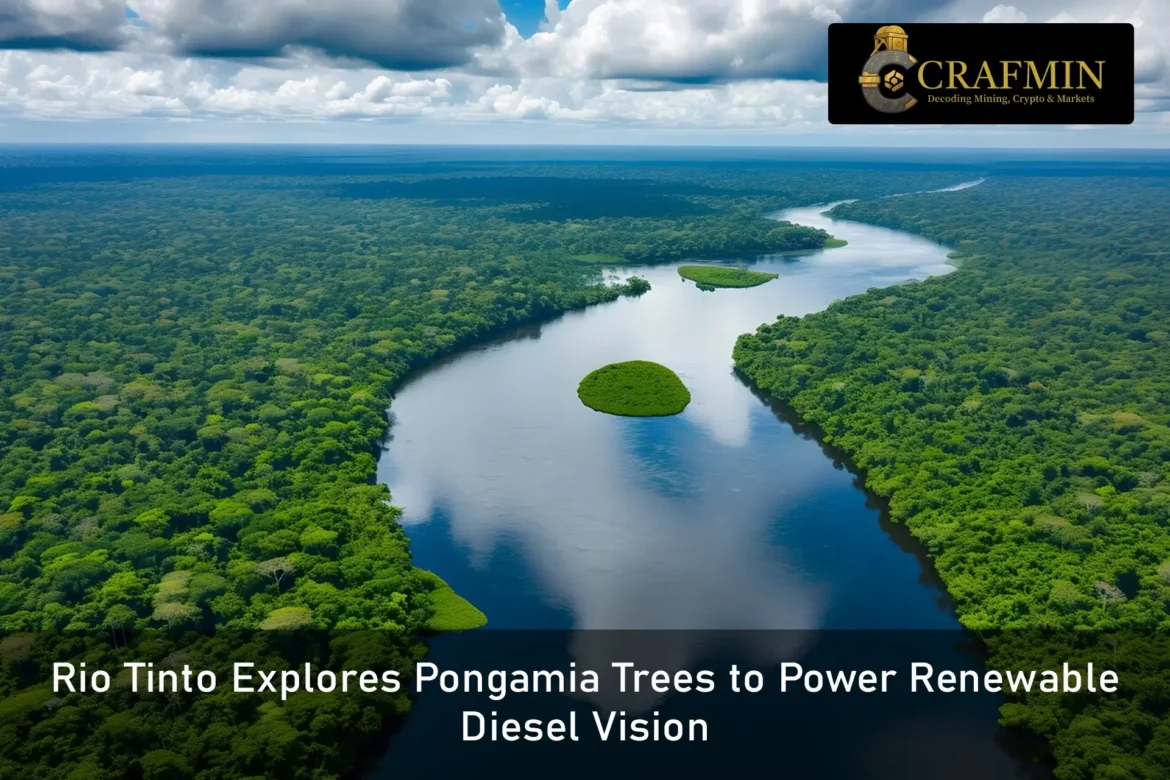Biofuels Meet Mining: Rio Tinto’s New Green Bet
In a move that blends innovation with environmental intent, Rio Tinto is now developing a renewable diesel alternative derived from Pongamia tree seeds—a project that could reshape how mining operations are powered in Australia. The initiative, which centers on a dedicated seed farm in Queensland, marks a significant departure from traditional fossil fuel reliance.
With the global spotlight fixed on mining giants to reduce emissions, this venture represents a promising marriage between carbon reduction efforts and biofuel innovation. More importantly, it could redefine how Australia’s mining sector powers its future.
What Is Pongamia and Why Now?
The Pongamia tree—native to the Indian subcontinent and parts of Southeast Asia—is a leguminous plant known for its nitrogen-fixing properties and fast-growing nature. But its true value lies in the oil-rich seeds, which can be processed into a low-emissions diesel alternative.
According to Rio Tinto’s research team, Pongamia-based diesel emits far fewer greenhouse gases than traditional diesel, while the tree itself absorbs carbon, enriching soil and restoring biodiversity on degraded lands.
“We’re not just looking at fuel,” said a Rio Tinto sustainability executive. “This is about landscape healing, carbon capture, and long-term supply chain innovation.”

Young Pongamia trees being cultivated on Rio Tinto’s trial site in Queensland for future renewable diesel production.
Source: ABC News
A Queensland Reforestation Project with Purpose
The initiative is already underway on parcels of degraded land in central Queensland, where Rio Tinto has begun cultivating Pongamia trees on what was once unused or exhausted soil.
By turning marginal land into biofuel-producing forests, the company tackles two sustainability targets at once:
- Reforesting degraded areas
- Producing seed oil feedstock for renewable diesel
Local communities and Indigenous groups have been engaged from the beginning, with training programs and land partnership models offering socio-economic benefits beyond carbon accounting.
The Science Behind the Fuel
Unlike some biofuels that rely on food crops like corn or palm oil, Pongamia trees offer a non-edible, non-competing feedstock, alleviating the food vs. fuel dilemma.
Rio Tinto’s pilot studies have shown that Pongamia seed oil can be processed into a drop-in renewable diesel, compatible with existing engines and supply chains. With the right refining partnerships, this oil could offset thousands of litres of traditional diesel annually—a major win in hard-to-abate mining operations.

Pongamia seed pods harvested for conversion to low-carbon diesel.
Source: ABC NEWS
Carbon Reduction on a Mining Scale
Diesel combustion accounts for a sizable share of Rio Tinto’s operational emissions—particularly in haul trucks, generators, and remote sites.
This Pongamia-based biofuel offers a scalable way to lower diesel emissions without the need for expensive electrification infrastructure. In a sector where many remote mines are off-grid, renewable liquid fuels provide flexibility and resilience.
Also Read: Robe Mesa Iron Ore Project Nears Completion as CZR Resources Closes $75M Deal
The Pongamia project aligns with Rio Tinto’s larger goal of reducing absolute carbon emissions by 50% by 2030. If successful, it could become a blueprint for decarbonisation in heavy industry.
Industry Eyes Watch Closely
As mining companies across Australia and globally search for viable low-carbon fuel alternatives, Rio Tinto’s Pongamia model is attracting attention. Environmental analysts say this could inspire:
- Further agroforestry-based fuel ventures
- Collaborations across industries—including fuel processors, environmental scientists, and Traditional Owner groups—are expected to play a key role in scaling the project.
- New frameworks for land use and emissions trading

Caption: Conceptual rendering of Pongamia-powered haul trucks operating at a mining site.
Source: iTnews
What Comes Next?
Rio Tinto is currently expanding its Pongamia seed plots and working on processing trials to refine oil extraction at scale. The next phase will involve testing the renewable diesel in mining equipment at select operations in Queensland and Western Australia.
Meanwhile, partnerships with agricultural scientists and carbon market advisors are helping validate the project’s long-term viability.
Conclusion: Nature, Technology, and Industry in Harmony
The Rio Tinto Pongamia renewable diesel project is more than a green PR stunt—it’s a tangible step toward a decarbonised, resilient mining future. It leverages biology, Indigenous knowledge, and innovative engineering to address one of mining’s toughest challenges: fuel emissions.
If it scales successfully, Pongamia could become not only a climate solution—but a new economic pillar rooted in the power of nature.
Learn More Here – https://www.riotinto.com/en/news/releases/2025/rio-tinto-conducts-renewable-diesel-trial-across-pilbara

